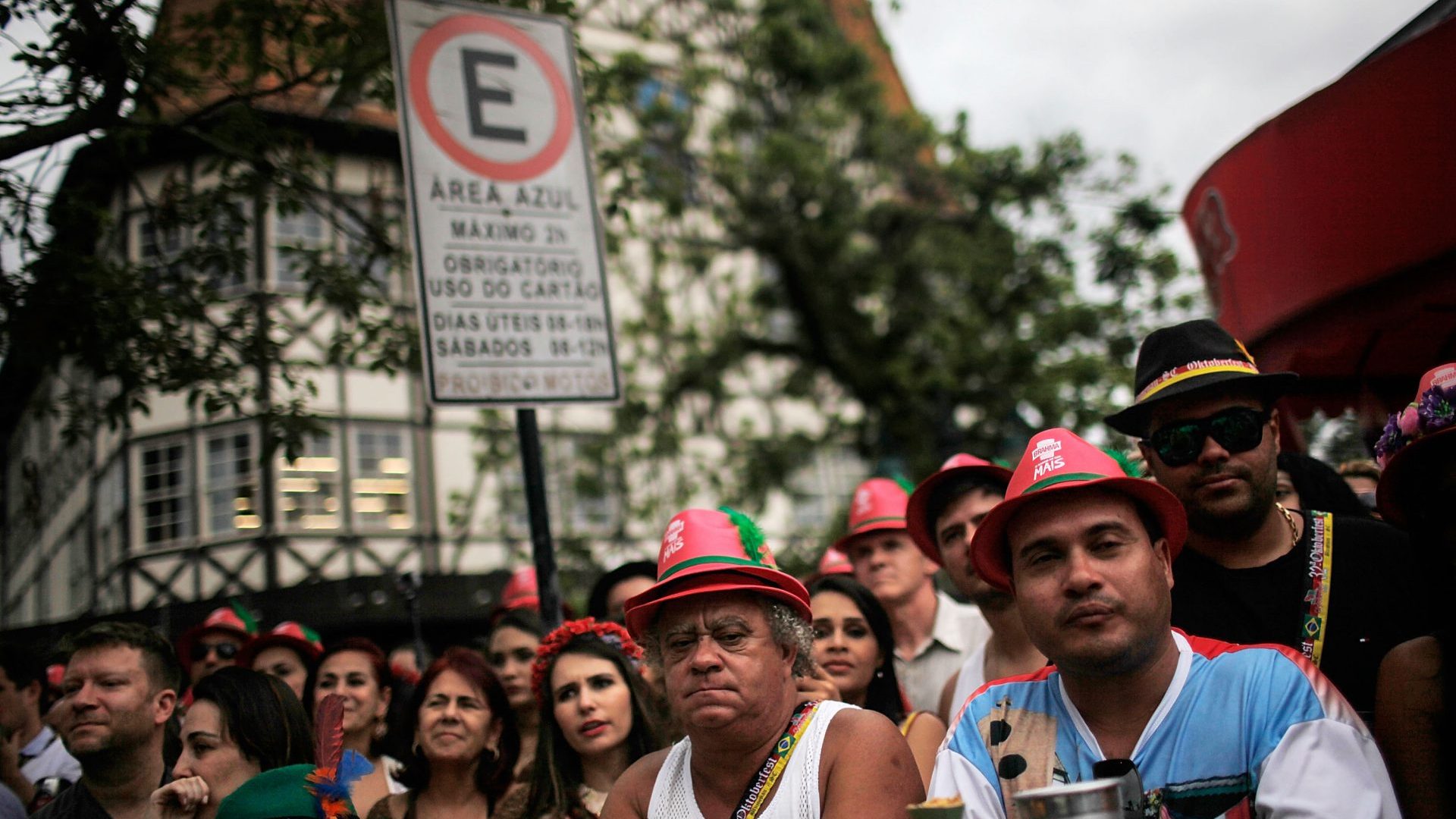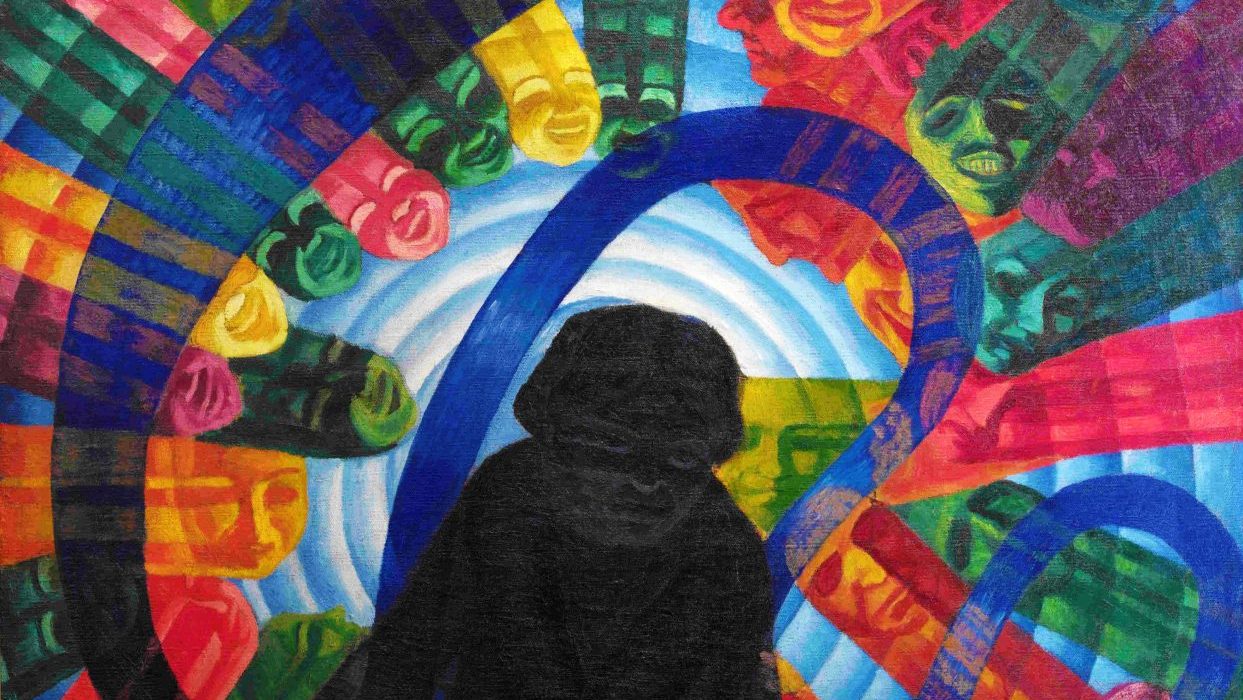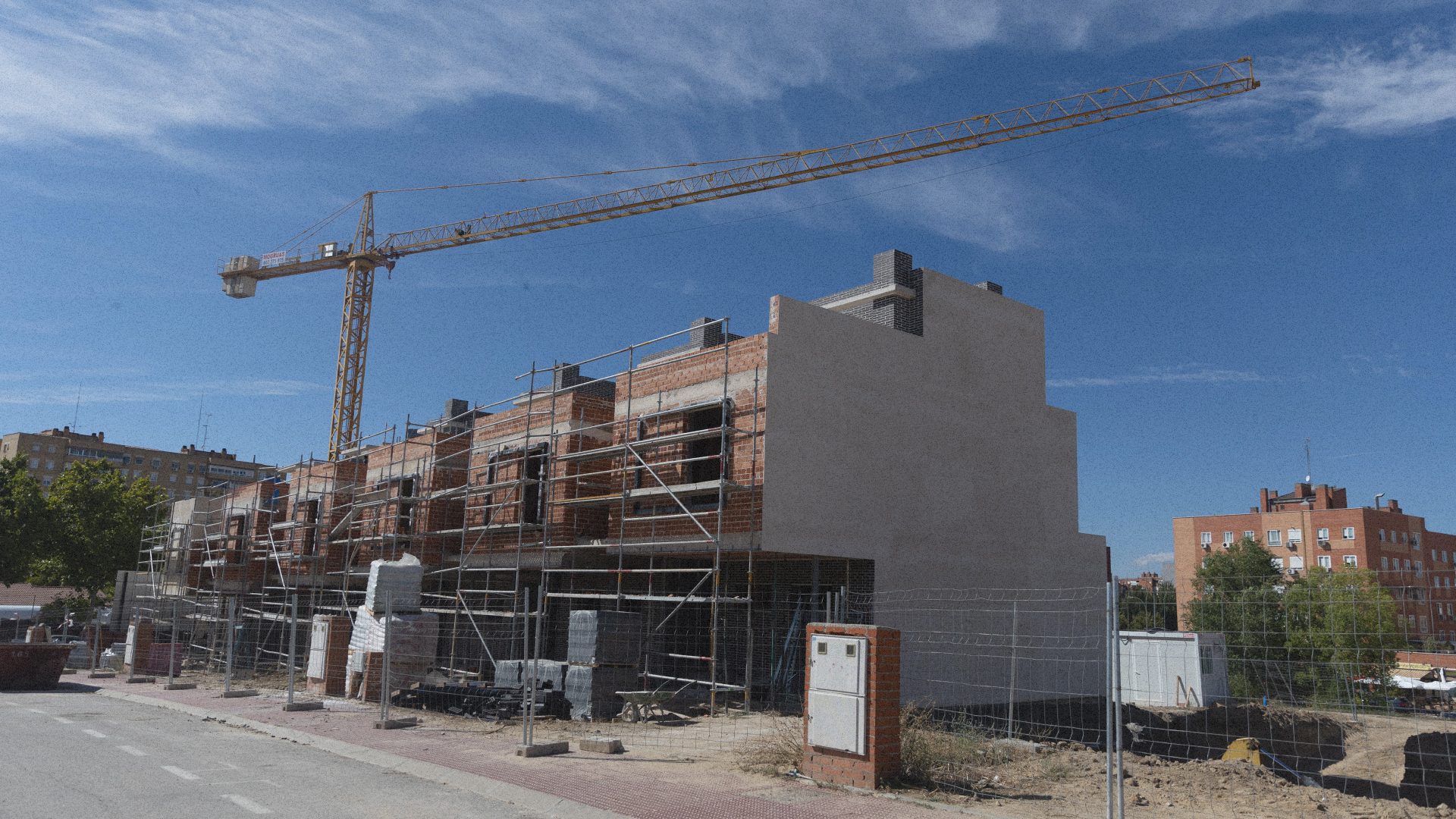Now here’s a quiz question that will baffle those Klugscheißer (clever-dicks) down the pub.
Where is the world’s second-biggest annual beer festival? The biggest of course is the Munich Oktoberfest, held in September because… well, Germans always like to be ahead of the game. Their Christmas markets are in November, after all.
The second biggest beerfest – is it in Las Vegas? Hamburg? Prague? Wrong, wrong, wrong. It’s in Brazil, in the little town of Blumenau.
Apart from the weather – 39C today and with the humidity of a rainforest – most aspects of Blumenau are distinctly German. The architecture is dominated by Fachwerk (half-timbered) buildings dating back to the 19th century, when the intrepid pharmacist and explorer Dr Hermann Blumenau left his home in Braunschweig and sailed up the Itajaí River with 17 settlers to found a colony.
They set about building German-type industries, too – the glass crystal works, the textile mills, the coal mines and the brewery quickly established a familiar, Middle European way of life in Santa Catarina province. Germans from Pomerania (now Poland) landed nearby and built a rival settlement, Pomerode.
The native Xokleng people paid a terrible price for the German emigrants’ prosperity. Murderous bands of bugreiros (bounty hunters) attacked their villages. The slaughter was horrendous.
Official apologies to the victims of German colonialism are on the agenda for the current government. President Frank-Walter Steinmeier and chancellor Olaf Scholz have already crossed off Tanzania, Zambia, Namibia and Ghana from their grim bucket-list for former colonial targets that are due an apology.
However, it’s not likely that they will visit Blumenau any time soon – unless they plan private trips, to savour the Oktoberfest in an atmosphere of traditional Gemütlichkeit (cosiness) with a warm breeze and a whiff of exotic flowers.
However, Ulf Ueberschaer, a German former adviser at the São Paulo branch of Commerzbank, did make the trip. “I actually liked it better than the Munich Oktoberfest,” he said.
“In Munich it’s all about the beer, but in Blumenau there’s more of a carnival atmosphere. I don’t think they are just putting on a show for the tourists – this is their culture, their heritage. What I found very weird was… the people who live there speak German. The old German, the language as it was spoken in the 19th century.
“My wife – she is Brazilian – found it especially weird. And I struggled to understand some of it.”
In the theme-park-like German Village there’s a carnival parade, live bands and DJs performing until 5am. Revellers get in for free if they are wearing traditional Bavarian Lederhosen (leather breeches with embroidered braces) or dirndls (low-cut gingham dresses with matching aprons).
Oom-pah brass bands, schnitzel and sausage complete the picture. The whole town is awash with beer. Seasoned drinkers compete to down a chopp em metro (yard of ale). But don’t be fooled – this is a non-alcoholic brew, just for fun.
Oktoberfest is the highlight of the year, but during the other 49 weeks the German influence remains in evidence. Schools teach in German and Portuguese. Walking around, you will spot many blue-eyed blondes, which is unusual for Brazil.
The town certainly trades on its heritage. There are no fewer than 16 museums, and the granddaughter of Hermann Blumenau, the actress Edith Gärtner, endowed a botanical garden and zoo to celebrate the natural history of the region. Still, she is best remembered for the memorial to her pets – a cemetery where her 50 cats are interred.
This year’s Oktoberfest starts on October 8 and more than 500,000 visitors are expected to flood into the town of 360,000. So it pays to book early for tickets and accommodation. Obviously, the Germans have already booked theirs.
Jane Whyatt is a journalist, newsreader and independent TV producer



